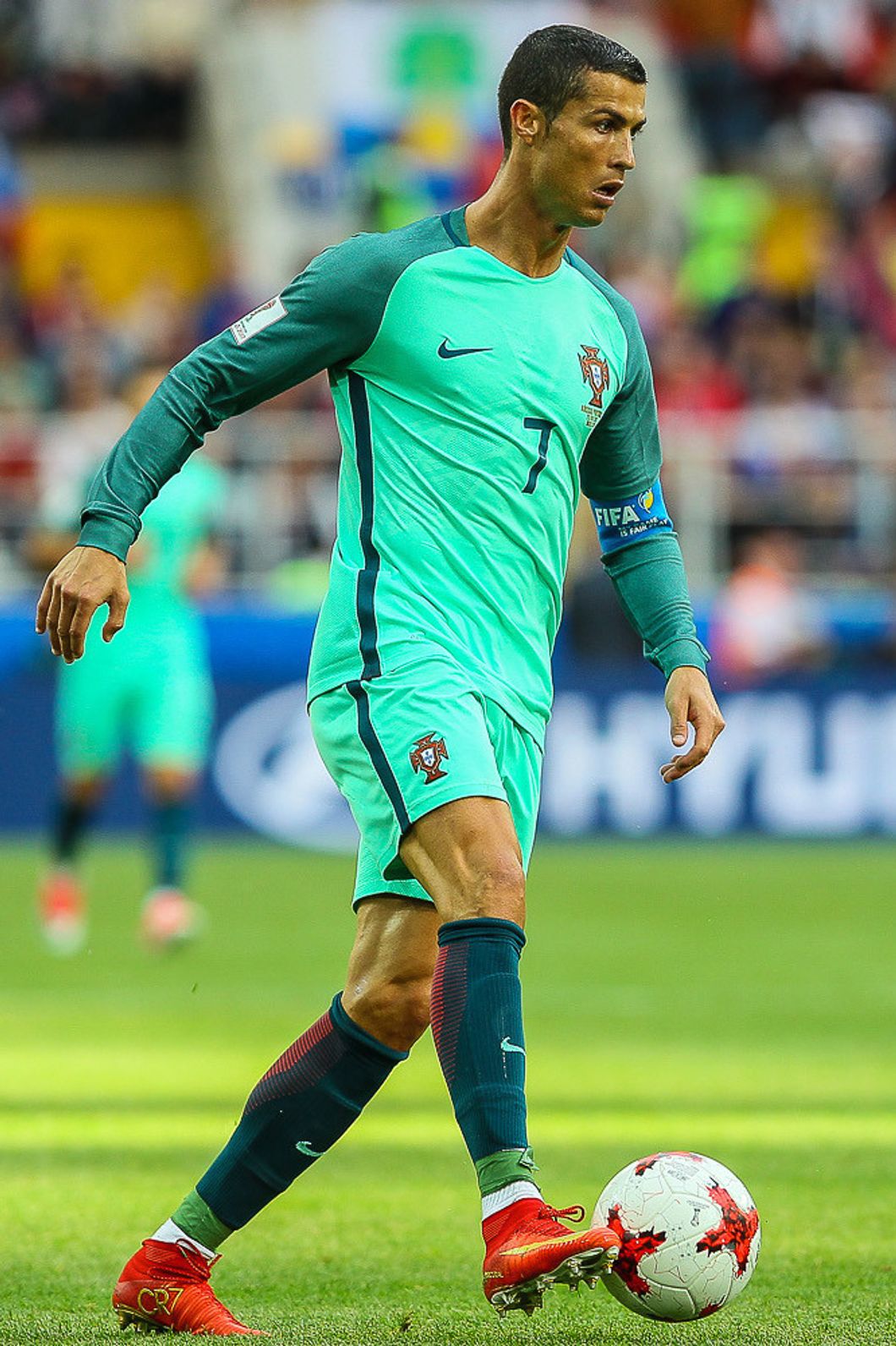It finally happened. The infamous Cristiano Ronaldo has left the perennial superpower Real Madrid and has taken his talents to Turin. Now what?
Every summer over the past three years there has been rumors about Ronaldo being unhappy at Real Madrid. Whispers of a rift between Ronaldo and Real's president, Florentino Perez, have been said to be one of the reasons that caused Ronaldo to leave. Others have stated that legal troubles over tax evasion have led to Ronaldo being unsettled living in Spain. A quick search will also reveal stories about how Ronaldo felt betrayed by his club not rewarding him with contracts similar to Messi and Neymar despite winning consecutive Ballon d'Or trophies and Champions League finals.
Now, all of that is in the past. Cristiano is a Juventus player.
You can have the Messi-Ronaldo debate all you want but the undisputed fact is that when a player of Ronaldo's caliber and influence completely changes the direction of his career, there are going to be massive ripple effects across the whole footballing world.
The first major change that will happen will be in Real Madrid. What direction will the storied club take? Who will be the next Galactico that they decide to go buy? Immediately following the transfer, the rumor mill started turning. The first three players brought up as a replacement for Ronaldo include Eden Hazard, Neymar and Kylian Mbappe. Of course, each of those players would probably require a world record transfer price.
So, what effect does this have on the rest of the transfer market? Essentially, the market would be in a position where the world record transfer price is getting broken on a yearly basis. This yearly rate exponentially drives up the average transfer price of the rest of the market. A player historically worth fifteen million dollars would now be selling for nearly forty to fifty million dollars. At that point, transfers that size are only financially feasible for a small pool of clubs around the world. The way that FIFA has tried to curb this is by creating Financial Fair Play rules. However, the enforcement of these rules is shoddy at best and has not been effective at stopping world record transfers or helping smaller clubs.
My take on this is that if you're going to have laws meant to curb the average transfer price down than it better be strictly enforced. If the rules do not enforce the purpose than FIFA should adopt a free market policy. There simply cannot be laws in place that give the disguise of regulation but in action actually, do nothing. It has corruption written all over it. And we all know about FIFA's history of ethical practices.
Remember, this all comes from the transfer of the notorious CR7.
The other place where Ronaldo's transfer will have major repercussions is in the Serie A, Italy's top flight of club soccer. By joining Juventus, Ronaldo has bolstered a team that continually dominates Serie A year after year. Yet, the Champions League trophy has eluded Juventus despite reaching the final in two of the last four years. Juventus fans will hope that Ronaldo's skill and experience will be the missing piece of the puzzle that will allow them to achieve Champions League glory. Additionally, Juventus has been trying to break the mold and enter into what is considered the top three clubs in the world: Barcelona, Real Madrid, and Bayern Munich. The coming of Ronaldo and in-game success that Juventus has had in their history surely at least puts The Old Lady in that debate now.
Now, let's talk about Serie A as a whole. While Serie A used to be one of the top landing spots and most desirable leagues to play in, following corruption scandals and economic turmoil, Serie A took a major fall from grace. Custom to most sports, when there is money to be made, people will step in and fix issues until there is a profit. In Serie A, over the last five years, many of the major teams have been sold to new owners. This has been the catalyst for the revival of Serie A into a destination top players want to be a part of again. Ronaldo's move to Italy confirms that Serie A is back and will surely prompt the transfers of other star players and coaches.
As you can probably tell, money plays a big role in nearly all aspects of soccer. For Juventus, an investment in Ronaldo for over two hundred million dollars seems like a lot for a player who is already thirty-three years old. Although, when you factor in Ronaldo's massive media presence, jersey sales and sponsorships, the investment will be entirely worth it. The earliest indication of this was the Juventus share prices skyrocketing following the imminent transfer.
All in all, the most positive effect of Ronaldo's transfer is a newfound balance of power between the major leagues in Europe. The Clasico in the coming years will no longer feature battles between Ronaldo and Messi, but there is potential for a rivalry to develop between Messi and Neymar should the latter make his way to Real Madrid. You know in the back of Ronaldo's mind he has to be thinking that success in Serie A will push him ahead of Messi in the all-time great debate. Only time will tell.
Odds on a Juventus vs. Barcelona Champions League final, anyone?

















